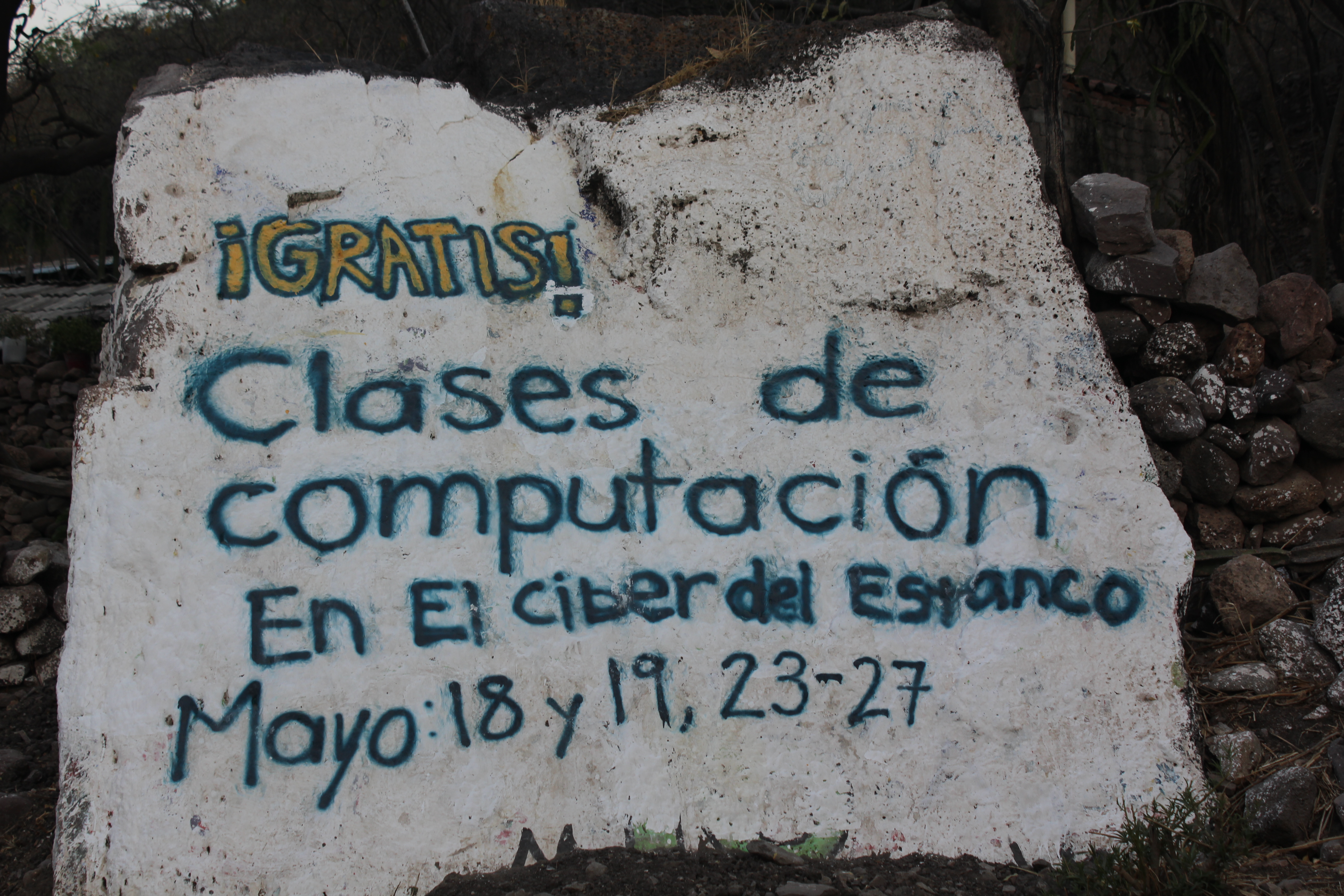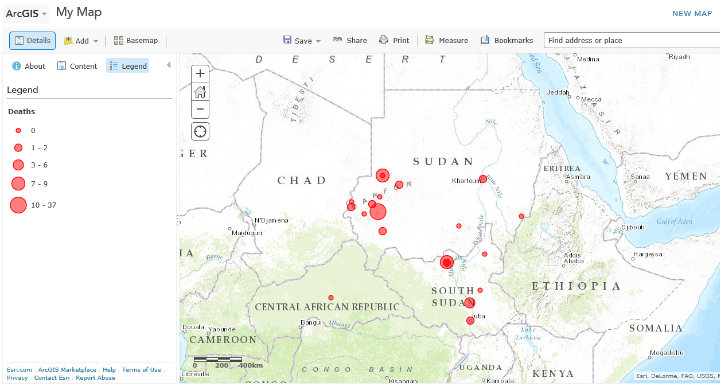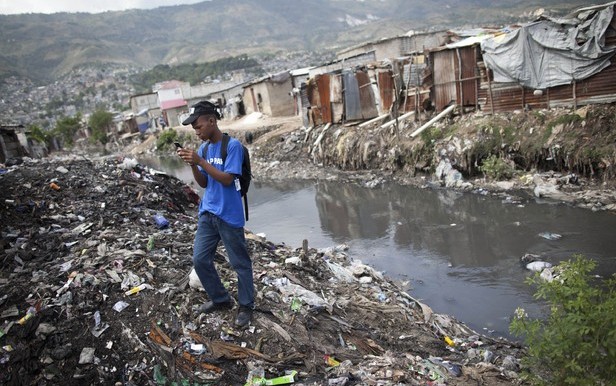For those interested in Technology for Peacekeeping consider taking our online certificate course, Technology for Conflict Management and Prevention, starting July 23rd.
There has been a recent surge in literature that is cynical of ICT4D projects. Spurred on by the randomized control trial results of ICT4D projects, such as those of the One Laptop Per Child initiative in Peru, more and more authors are concluding that ICT4D projects’ capacity to end poverty and promote transformative national or community development is often stifled by political hang-ups. Even annual ICT4D Fail Faires have occurred the past three years, where practitioners willingly explain how their project failed and what they learned.
The change from a glorified rhetoric about ICTs’ strengths and utter invincibility to a cynical and even comical view of ICT4D, is reflective of a larger cynicism pervading international development. Contemporary international efforts to alleviate poverty are criticized as short-term goals that do not ultimate end poverty, and in fact further inequality by embracing neoliberalism and capitalist globalization.
Cambridge economist Ha-joon Chang, for example, argues that only one of the eight Millennium Development Goals (MDGs) actually promotes “transformative development” in the classical sense, meaning industrial production and sustained economic growth. The other goals, he contends, can be boiled down to improving education and healthcare, which without growth leave individuals and nations trapped in place, inmobile. Focusing on poverty reduction via education and healthcare initiatives alone allows the neoliberal regime to continue forward unchallenged, allowing the rich to continue to benefit from the poor via lower tariffs and product subsidies.
In a special issue on the politics of ICT4D, the International Journal of E-Politics’ newest volume includes three articles that are indicative of the change toward cynical views of ICT4D projects. Charlotte Scarf aggressively argues that ICT4D projects that encourage the creation of local content make the unfortunate assumption that ICT content creation alone empowers local people, but Scarf finds that unless content is directed at people with power to cause change, the local people remain poor. Sam Takavarasha Jr. and John Makumbe document the five year legal battle between private IT company Econet and the Government of Zimbabwe. Their study is but one example of how oppressive political regimes restrict the ability of citizens to utilize ICTs for political mobilization or development activities. Finally, Einar Braathen, Heidi Attwood, and Julian May document the different political problems community telecenters operated by NGOs face in South Africa, even in similar environmental contexts. The unpredictability of these political problems limits the possibility of rectifying these issues via policy solutions, and is evidence of the limits of ICT4D projects in promoting sustainable development.
The cynical studies on ICT4D projects suggest no overarching solution to correct projects’ flaws. In fact, the cynical nature of the studies lead one to speculate that ICT4D projects, along with the MDGs, perhaps should be abandoned altogether.
Before jumping ship, however, there is another way of looking at the alleged failure of ICT4D projects to promote development. First of all, while many projects may effectively “fail” in the short term, they may ultimately point recipient communities and nations toward joining the information society, which indirectly could promote transformative development. Second, instead of abandoning ICT4D projects altogether, the projects can be modified to incorporate politics and power relations from the beginning of project conception and design. For example, in the case of the production of local ICT content, only when the content can be directed as a particular organization that can mobilize resources to help the community, and the organization can be anxiously expecting the content, should local ICT content production be utilized as a means of achieving development goals.
ICT4D is at its next stage in maturity. Its time that projects are prepared from the outset to meet the political challenges that inevitably appear during project implementation. When these challenges can be overcome then ICT4D projects can be a catalyst for transformative development.
Jeffrey Swindle is a doctoral student in Sociology at the University of Michigan and has previous experience as an evaluator of ICT4D projects.




